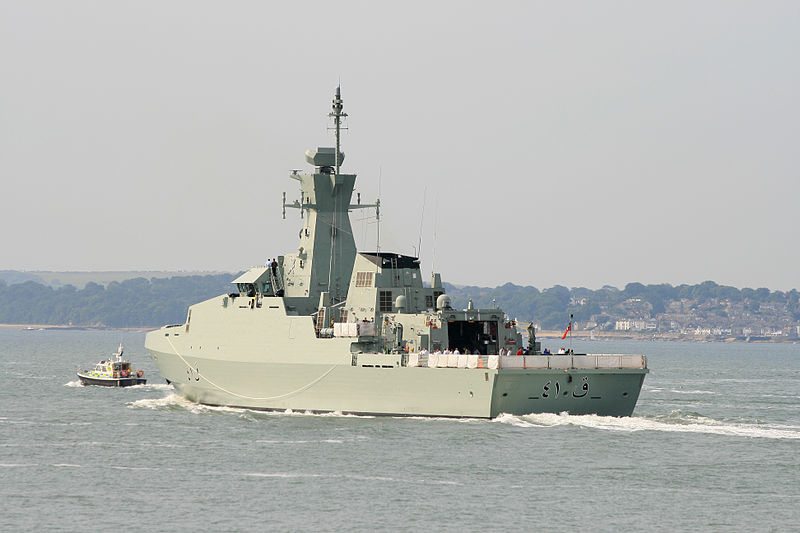Defense companies warned Friday they are days away from placing thousands of workers on unpaid leave if the US government shutdown drags on and halts arms manufacturing.
Failure by Congress to approve a budget for the new fiscal year has dramatically disrupted military contract work because the Pentagon has no money to cover compulsory inspections and audits.
Without inspections, defense firms have no legal way to keep building warplanes, naval ships, submarines and other weapons, even though they have funds from previously approved contracts.
Four days into the shutdown, the “industry is experiencing an urgent problem that needs to be addressed,” according to the Aerospace Industries Association and the National Defense Industrial Association.
In a letter to Pentagon chief Chuck Hagel, seen by AFP, the lobby groups, said: “The most immediate concern is the absence of Defense Contract Management Agency inspectors.”
“The manufacturing process must stop if these inspections and certifications are not performed,” it said.
Aerospace giant Lockheed Martin, lead contractor for the biggest weapons program in US history, the F-35 fighter jet, said Friday that about 3,000 employees would be placed on furlough from Monday.
The Maryland-based firm said the number of workers forced on unpaid leave would likely increase if there is a protracted shutdown.
The employees were furloughed because of the absence of inspectors. The government office which employs them is closed.
United Technologies, which includes helicopter builder Sikorsky and aircraft engine maker Pratt & Whitney, has said it will furlough 2,000 employees on Monday because of the lack of Pentagon inspectors.
If the shutdown continues through next week, the company said it expects an additional 2,000 workers to be suspended at Pratt and Whitney and UTC Aerospace Systems.
The CEO of defense giant BAE Systems, Linda Hudson, has warned employees that 1,000 workers in intelligence and security have been “excused from work” due to the shutdown.
Aircraft maker Boeing, which needs military and civilian inspectors to sign off on production, said it was preparing for an unspecified number of “limited furloughs of employees in some areas.”
Every contractor is being forced to confront the halt to Pentagon inspections, said Dan Stohr, spokesman for the Aerospace Industries Association.
“If the shutdown continues, this could be just the tip of the iceberg,” he said of the furloughs.
The industry letter to the defense secretary also voiced concern over an expected halt to the work of the Defense Finance and Accounting Service, which oversees the disbursement of some contract funds.
“The impact on credit lines for small businesses … will be significant in short order,” it said.
Analysts said by the end of next week, tens of thousands of defense industry workers could be out of work until Congress agrees to restore funding for government operations.
“You’ll see rolling furloughs, starting on the military side but possibly extending to the civilian side if the shutdown lasts,” said Richard Aboulafia, vice president of the Teal Group Corporation, which advises aerospace firms.
“The primary areas affected are maintenance work and repairs, and possibly aircraft deliveries if the shutdown continues,” he said.
But Aboulafia said he was hopeful the political stalemate would give way in a few weeks.
“What is happening is a cascading effect, where first the government workers go out, then the big contractors are forced to furlough,” said analyst Loren Thompson of the Lexington Institute, which has ties to defense companies.
“And then their suppliers are forced to start laying people off.”
If the government remains without funding by the middle of October, “then you are talking about a major portion of defense production being shut down,” Thompson said.
America’s defense industry has so far weathered a slow economic recovery and automatic budget cuts better than expected, with strong share prices and profit margins, he said.
“But there’s this sense of foreboding across the industry, that something is going to go very wrong soon,” he said, citing budget pressures and Washington’s dysfunctional politics.
“There’s a general feeling that the share prices will be hard to sustain, given the underlying fundamentals.”










